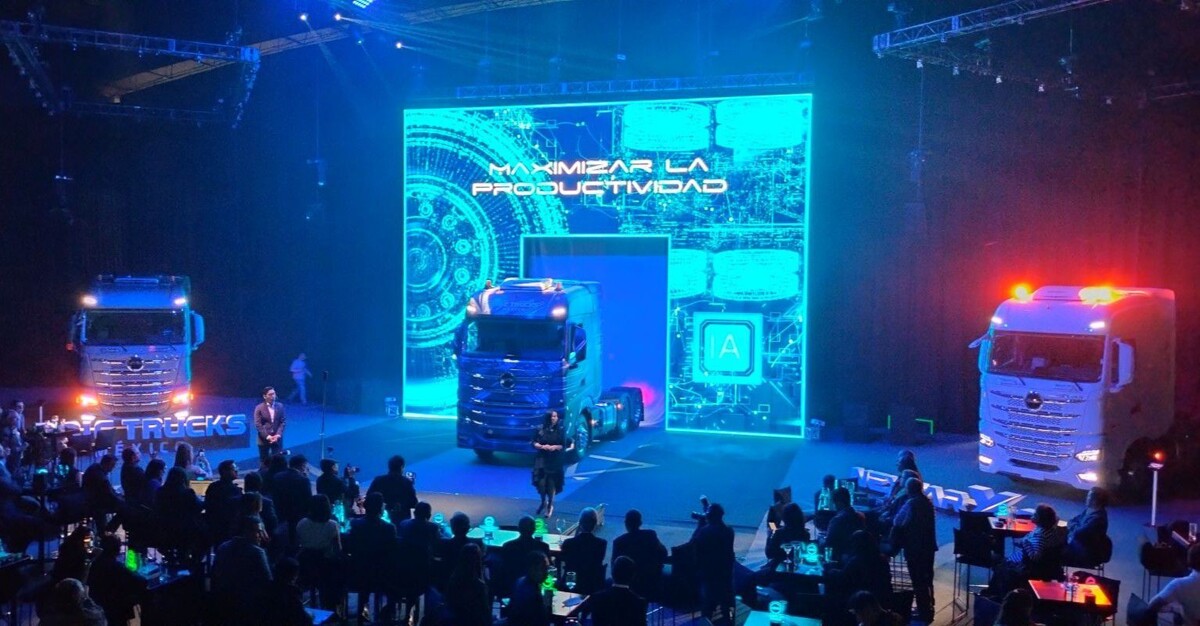
The Chinese vehicle manufacturer BAIC Group reached a value of 353.681 billion yuan in 2024, placing it among the most valuable brands in China. Its BAIC Trucks division stands out for having the first intelligent truck factory in Beijing, which operates under the digital twin model and is 70 percent automated. This plant implements intelligent programming that maximizes its main processes: stamping, welding, painting, and final assembly.
Recently, BAIC Trucks introduced its NEXTAR X9 tractor truck in Mexico in partnership with Grupo GET. This vehicle, equipped with an advanced artificial intelligence system, optimizes its operational efficiency, anticipates and responds to road and route needs, reducing unforeseen events and providing a safer and more effective driving experience.
In an interview, Gabriel García, Chairman of the Board of Grupo GET, highlighted BAIC's quality and technology, noting that they seek to position themselves as leaders in the Mexican market and in Central and South America. BAIC Trucks Mexico will be the division responsible for marketing the first 100 units in the country, aiming to achieve 5 percent market share in the next three years and establish an assembly plant in Mexico within three to five years.
The BAIC NEXTAR X9 tractor truck stands out in the market for its efficiency, made possible by the artificial intelligence that allows it to adapt to different topographic conditions, altitudes, and driving styles, optimizing its performance for each route and type of load. Julio César Hernández, General Director of BAIC Trucks Mexico, emphasized that this technology is revolutionary in the transportation industry in Mexico and offers significant advantages in terms of fuel economy, safety, costs, and emission reduction.
The NEXTAR X9 can operate on diesel, hydrogen, natural gas, and electric energy, providing up to 20 percent more operational capacity, reducing the risk of failures, decreasing the useful life by up to 30 percent, optimizing the Total Cost of Ownership by 10 percent, and improving fuel consumption by 12 percent. In addition, it incorporates exclusive regenerative braking technology that reduces accidents by 50 percent and CO2 emissions per kilometer traveled by 90 percent.












